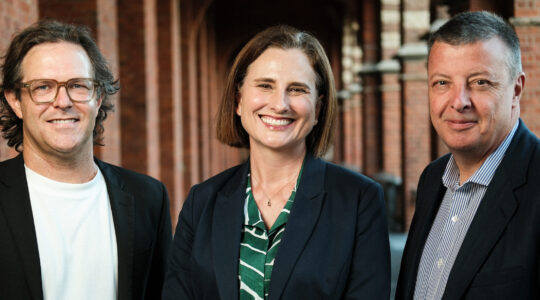Speaking the same language is not just about the country you come from.
Researchers at the University of Vienna have found a clear correlation between the way different people construct their words and whether they want to hang out together.
This could be a simple as whether people say holiday or vacation, start or begin, or “John gives Mary the book” rather than “John gives the book to Mary”.
Research lead Theresa Matzinger said the team believed people favoured others who spoke similarly because they thought these people might also be cooperative in other areas.
“The experiment suggests that the decisive factor is probably the feeling of belonging to the same social group,” she said.
“Our study shows that even small linguistic differences, which we may not even be consciously aware of, can play a role in our willingness to cooperate.
“The researchers hope that the results can subsequently be used to better understand how cooperative decisions are made in linguistically heterogeneous groups and to reduce prejudices against people who speak differently.”
The study, published in the journal Language and Cognition, involved 100 English-speaking study participants who assessed who they would prefer to partner with, based on a series of experiments.
“We found that, as expected, our study participants chose conversation partners who spoke similarly to them and used the same grammatical construction as them,” Dr Matzinger said.
According to Science Daily, the researchers had two hypotheses:
- People prefer others who speak similarly because they might think that the others belong to the same social group, and one is more likely to cooperate with group members than with outsiders.
- People favour others who speak similarly because they might think that the others are willing to adapt linguistically and might therefore also be more cooperative in other areas.
Ultimately, when study participants had to pick project partners, they opted for those who resembled their natural language use rather than those who resembled the language they used in the experiment.
“This clearly supports the first of our hypotheses: A sense of belonging to the same social group based on linguistic expression that are natural to oneself is the more decisive factor in the choice of cooperation partners,” Dr Matzinger said.








